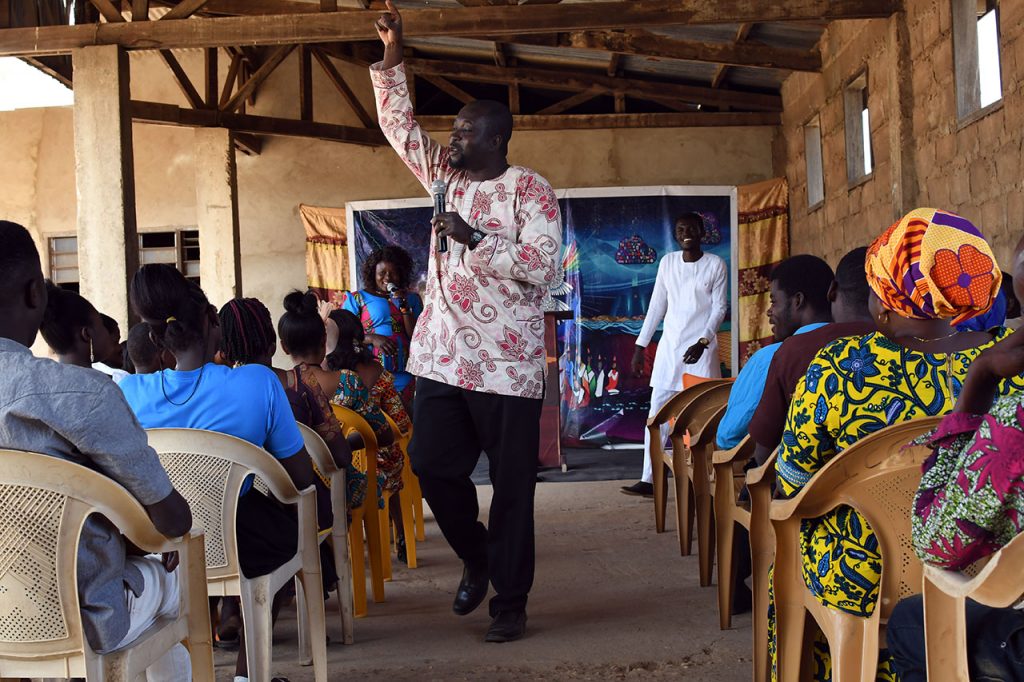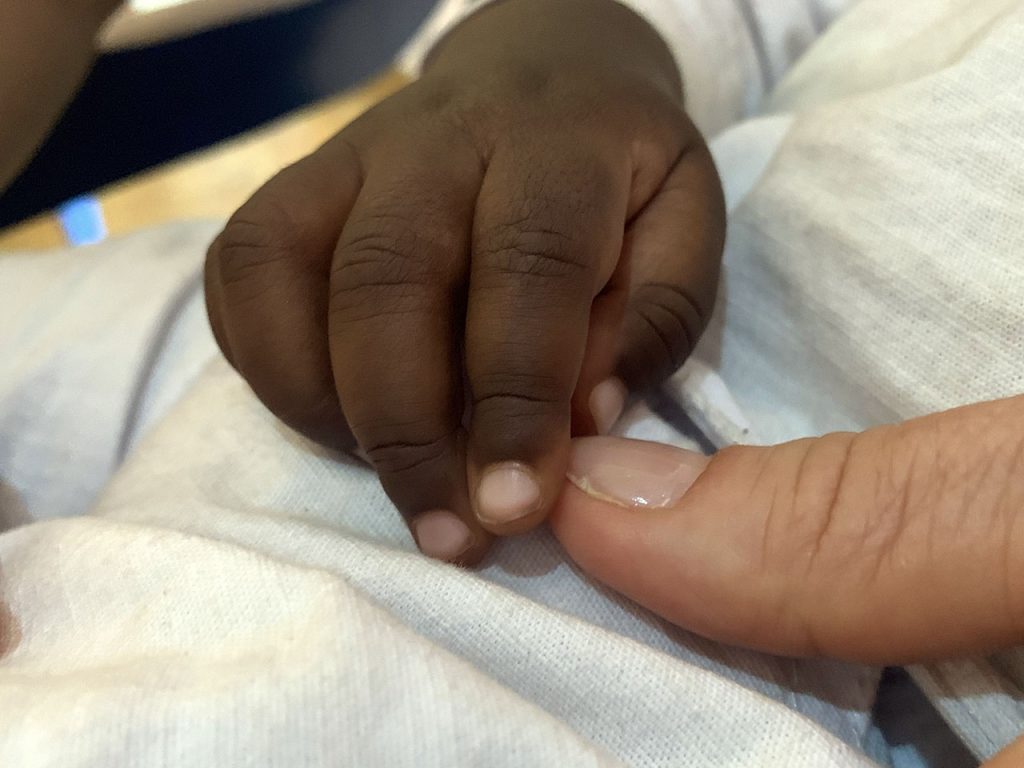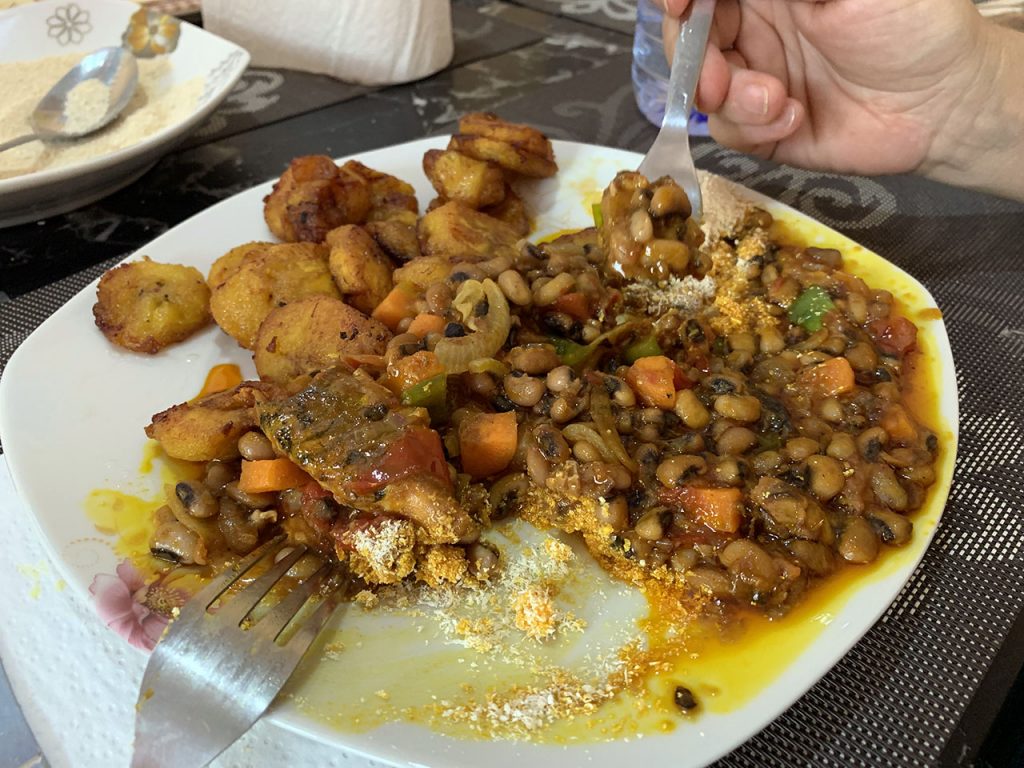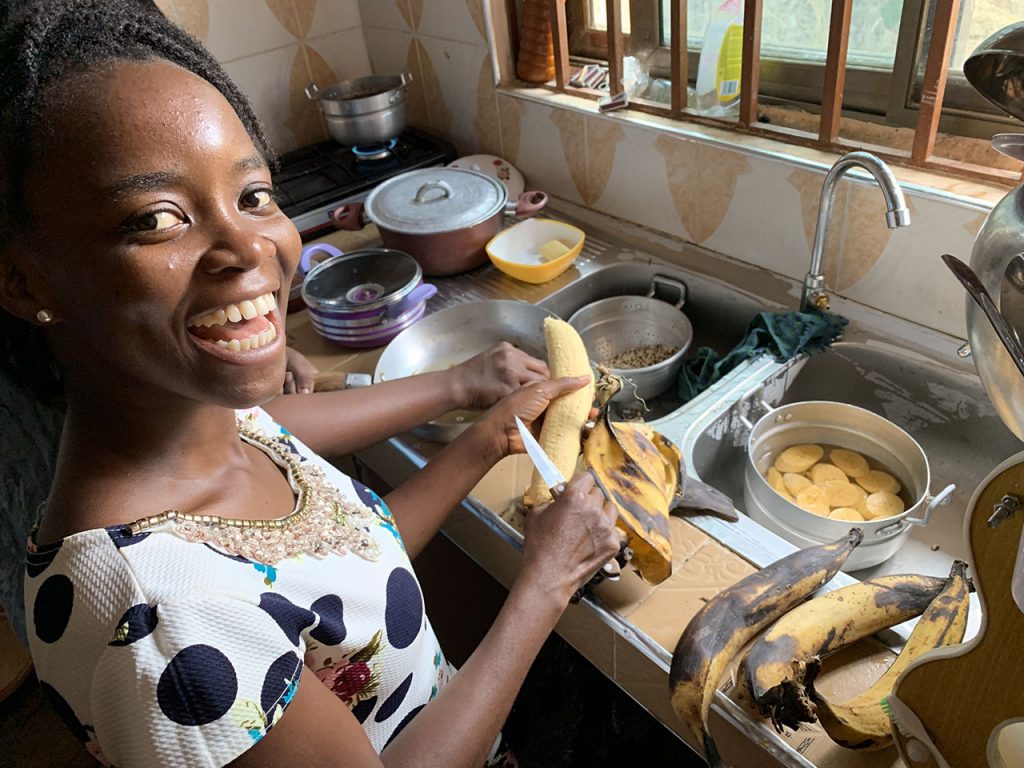It was hard to leave Boureima’s school, church, and training facility. He and his wife had shown us such kindness and patience as we learned about the Fulani people. While in the car, driving back and forth to the city, our host gave us one more lesson on the Fulani. He described six characteristics, some positive, some negative, which we must understand to connect with Fulani, and understand their culture.

Wisdom / Cleverness: “Sometimes, the Fulani will even give you a riddle, or test you in some way”, Boureima explained. “You should be able to figure things out, or they will not respect you.” Wisdom is respected in almost every culture, but the Fulani also want to be assured you can solve problems, improvise, and are quick-witted.
Strength / Endurance: Physical strength is respected, but is not sufficient. The Fulani appreciate strength of character, and emotional strength. “A Fulani man should not cry, even if several members of his family are killed,” Boureima told us as he dodged motos and potholes with the SUV. Endurance is another aspect of strength. A shepherd should be able to travel great distances, without food or complaints.
Shame: Bringing shame to the family could have deadly consequences. For a Fulani to turn away from Islam brings tremendous shame to the family, and could be met with violence. Actions or words that bring shame to your in-laws can also seed long-standing disputes and cruel behavior.
Patience: “Take your time in all situations,” we were told. To me, being four hours late to record the choir exceeded all Western notions of patience. However, Boureima is Fulani, and was not concerned. Walking into the church to find them dancing and a singing was unbelievable. Could that have happened anywhere in the United States? I think not.
Courage: Fulani should not be afraid, they must be courageous. “A shepherd only carries a stick to guide the cattle; there are many stories, told and retold, of how a Fulani protected the herd against wild animals or attackers,” we heard Boureima explain as the transmission revved and popped into gear.
Hospitality: Possibly stemming from their North African heritage, the Fulani have a very strong sense of hospitality. Yes, the persecuted and rejected nation of 40 million is shy and cautious in interactions with outsiders, but hospitality is a fundamental part of their culture. We felt it as we walked through the village and were invited to stay and visit.
Grinning, Boureima told us “The Fulani will also give you a name. Pray that it is a good one, you will never hear it, and they will not tell you, but they will name you”. We immediately began to wonder what our names were, given all the Fulani we had been working with. Hmmmm.
Boureima put up with my Western thinking with a nod and smile. When he came by our breakfast table one day, I said good morning and asked about the schedule for the day, what would we be recording, and where we should we set up. He replied “Oh, thank you for asking, my cows are doing very well, and my family is good”. We both laughed at each other. At several points during the day I would put my hand on Boureima’s shoulder and ask him how his goats were doing. “Oh, they are very good, and how is your family and your daughter’s cat?” he would reply.
We thanked Boureima for his patient instruction. He grew up in the small village just down the dirt path from the school and training facility. As a child, polio swept through the area, and the Fulani were not among the first to receive vaccinations. The disease left him with a paralyzed leg. “It is my thorn in the flesh,” he told me. However his disability did not slow him down, but only increased his determination and passion for God. He lived for five years in the UK, working for a bank. During that time, he took a 59 day journey to raise money for Fulani ministries. Using only one leg, he cycled 4500 miles around the coast of the UK, sometimes traveling more than 100 miles in a day. You can read about his journey on the BBC.
It was with a smile, a hug, and a large crate of tomatoes that required two men to lift it into the truck that Boureima and the other Fulani pastors said goodbye. We thanked them with the one Fulani word we know…. “Foofo” (thank you) and drove toward Navrongo, arriving very very late in the evening. The journey to Navrongo is a very long tale, best told in person :-)

The next morning, were were among the Mossi people who speak Moore for church. With colorful dresses, smiles that compel you to smile back, whatever your disposition, and blaring loudspeakers, we had the privilege of worshiping at Selwyn and Richess’ church. As a guest, Ray was called in for an impromptu sermon :-)

The small church had been meeting in a covered, open air section of an old building. They were moving to a new, rented room very close to the central market in town. So after the exciting service, everyone headed to the new location for a dedication service. Most transportation here is via “moto”, and the vibrantly dressed women hiked up their dresses and hopped aboard the two wheelers.



After the dedication service, which of course included some dancing and a clapping and shaking train of people around the entire space, I ventured outside to make friends.


Selwyn and Richess insisted we enjoy a meal with them before driving into the remote bush, so Estella, Richess, Christian, and Enoch all helped prepare meal of Red Red (which happens to be Beth’s favorite). Red Red cannot be considered part of a healthy Mediterranean diet… but Mmmmm, it is tasty. It is made from red plantains and beans and red palm oil. A meat is usually included. The red palm oil swims atop the beans, and we sprinkle dried, powered cassava to soak it all up.




Glad to read about Boureima (noticed an amputee playing the bamboo necked guitar and wondered “perhaps the same man?”) and his bicycle journey? Amazing! “It was an adventure. I didn’t know how it was going to be, I just knew that every pedal that I pushed was going to make a difference to someone’s life in Africa.” ~Boureima Diallo
Foofo Pete, Beth, & all of Team Africa! PTL for your wisdom, courage, patience, & endurance! Yes, may your every step make a difference in someone’s life in Africa, soli deo gloria! ??????
p.s. super curious about Red Red and if you or Beth know how to make it I may invite myself over for dinner. ;-)